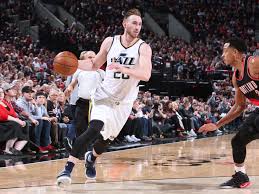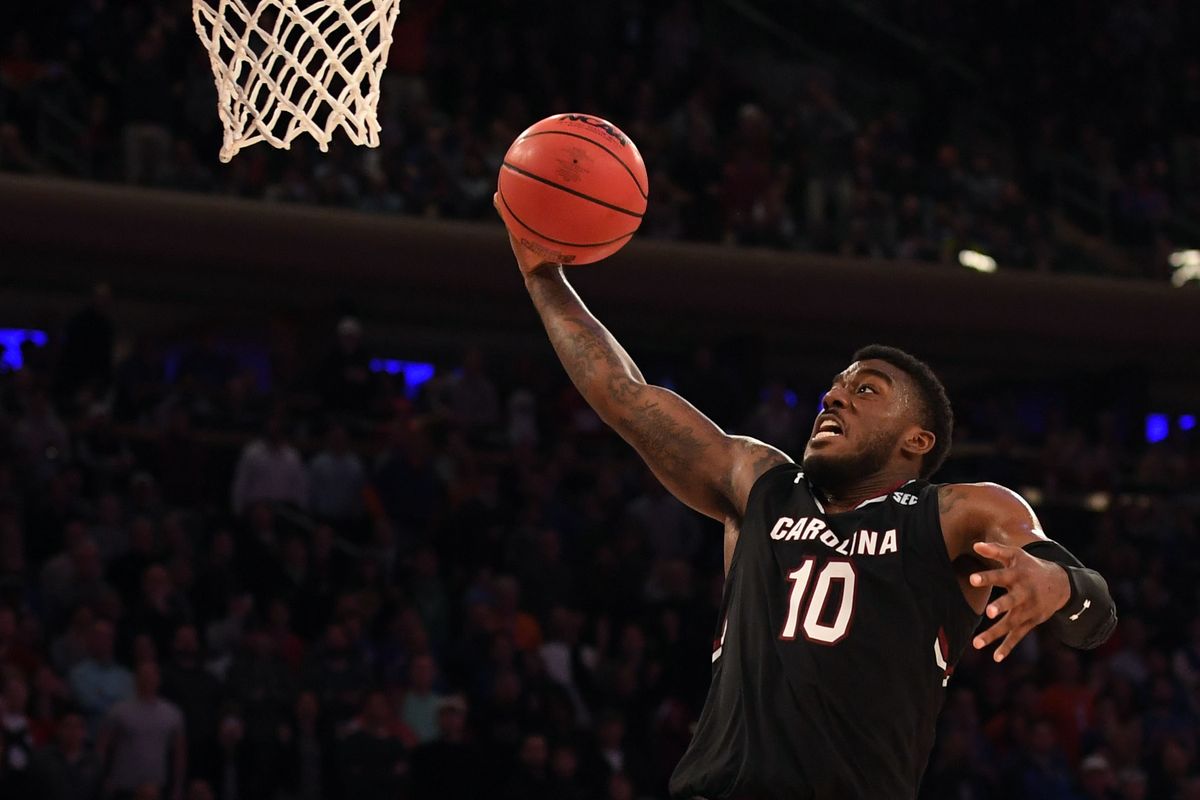Take that for data: Who you hire and fire signals your culture
Apologies in advance for the pretty deep NBA-themed take with a back story that you may not be familiar with unless you are a NBA League Pass junkie like me. But I will try (as always) to share enough of the sports side of the tale in hoped that the connection to HR and the real world makes sense. Or at least almost makes sense.
Here's the sports side of the take.
On Monday, the NBA's Memphis Grizzlies fired head coach David Fizdale, their coach of slightly more than one season, after the team lost its 8th straight game and fell to a record of 7-12 on the season. Of note, one of the team's best players Mike Conley, (probably their best player), has been injured and has not played in the last 7 games.
Last season, Fizdale's first in charge, the team finished 43-39, and lost in the first round of the playoffs giving the coach a total record of 50-51.
Oh, two more things to toss into the blender before we try to connect this story to something the rest of us can relate to. One, Fizdale has a ton of respect around the league with high-profile players and coaches, (LeBron James, Vince Cater, Gregg Popovich who shared their surprise at the firing and admiration of Fizdale). Here's LeBron's reaction after hearing the news:
I need some answers. Feels like my man was a fall guy
— LeBron James (@KingJames) November 27, 2017
And two, Fizdale has been at odds with one of the Grizzlie's top players, Marc Gasol, the two reportedly not seeing eye-to-eye on many aspects of how the team was being led. In the NBA, star players have a ton of influence and power, as there are not that many of them, and teams know they need two or three of them to have a chance to compete.
Oh, there's a three, (sorry), in Fizdale's last game in charge, a loss to the Brooklyn Nets, Fizdale benched Gasol for the entire 4th quarter, (an unusual move for a coach to bench a star player in a close game). Gasol was quoted widely after the game indicating that the benching had never happened to him before and he was ticked off.
A day or so later, word leaked out the Fizdale was fired.
Got all that?
So here's the thing about the Fizdale firing that we should think about in the context of our own organizations. Fizdale was fired for (at least 75% of the reason anyway), for not getting along with one of the team's best, and most popular players in Gasol. The reasons why the two didn't gel are unclear, but what was clear was that the coach Fizdale was probably tired of clashing with the player, and sitting him on the bench in a close game was meant to send a message to Gasol, the rest of the team, and more importantly, to team management and ownership that he (Fizdale), runs the team on the court, not Gasol, or any of the other players.
And for that, or for mostly that, Fizdale was fired. Team management and ownership essentially sided with the player, leveraged the (convenient) recent losing streak as a primary reason for the firing, and made their star player, who is under contract until the end of 2020 and owed about $65M more from the team, happy.
The clearest signs of any organization's culture is who is hired, who is fired, and by extension, the reasons why people are fired.
Fizdale was fired for a personality and/or philosophy clash with one of the team's stars. And for that, he had to go. The message about the Grizzlie's culture is clear.
Players, (at least star players), come first. The team has invested truck loads of cash in these players, the team needs them to perform in order to win (and sell tickets), and the team has concluded the best way to accomplish that is to keep the players happy.
I will repeat it, the clearest sign of your organizational culture is who gets hired and who gets fired.
The Fizdale story shows us what kind of culture the Grizzlies want to have.
Take a look at your last 10 or 20 hires and fires and think about what signals these decisions are making to the rest of the employees, to candidates, to customers, and to the world.
Finally, I will let you go with this small tribute to Fizdale - his now classic 'Take that for data' rant after a close playoff lost last season. (Email and RSS subscribers click through)
Good luck coach on your next gig.
 Organization tagged
Organization tagged  8 Man Rotation,
8 Man Rotation,  HR,
HR,  Leadership,
Leadership,  Sports,
Sports,  basketball
basketball  Email Article
Email Article 
 Print Article
Print Article 


